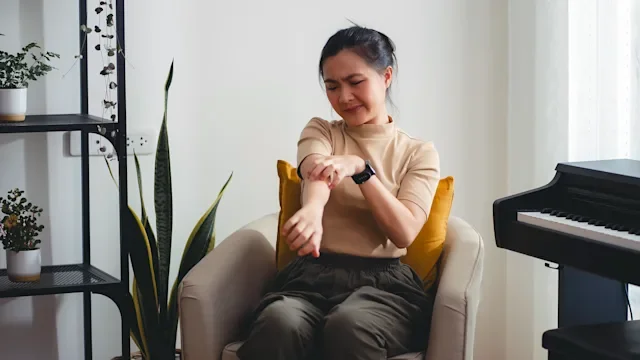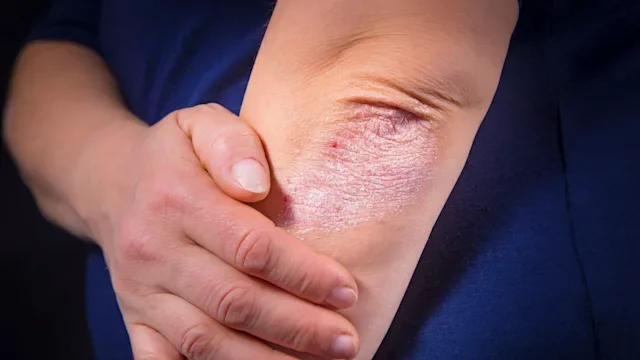For many people with psoriasis, symptoms tend to improve during the summer. Warm and humid air, along with increased exposure to sunlight, tends to help psoriasis symptoms. However, there are still a number of psoriasis triggers that can happen during the warmer months.
In this video, learn the most common psoriasis triggers in the summer, and tips to cope with them.
Lindsey Bordone, MD, is a board-certified dermatologist at Columbia University Irving Medical Center.
References
American Academy of Dermatology Association. (n.d.). Are triggers causing your psoriasis flare-ups?
National Psoriasis Foundation. (2023). Life with psoriasis.
National Psoriasis Foundation. (2022). Psoriasis statistics.
National Psoriasis Foundation. (n.d.). Taking care of your skin in the summer.

Why trust our experts?













